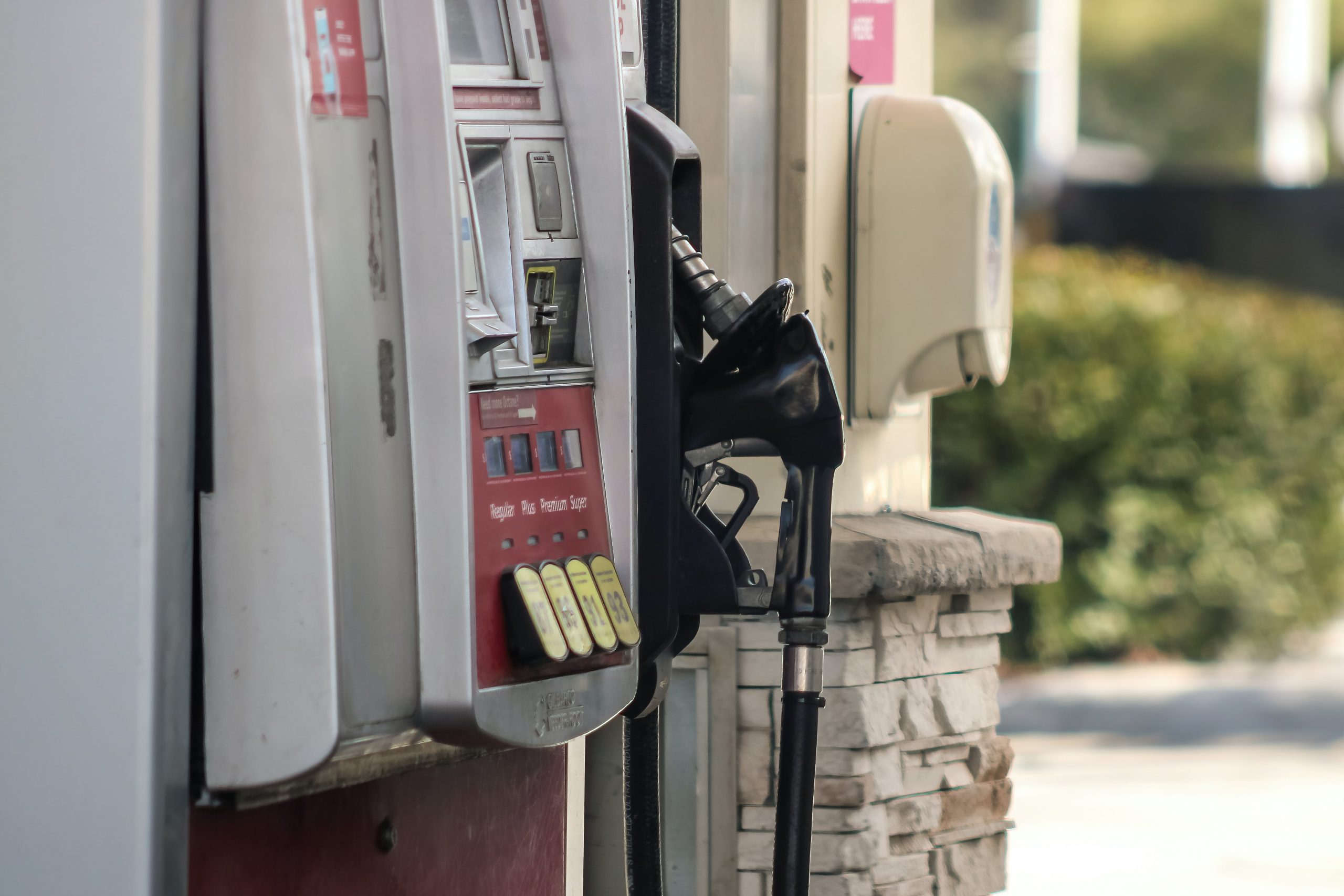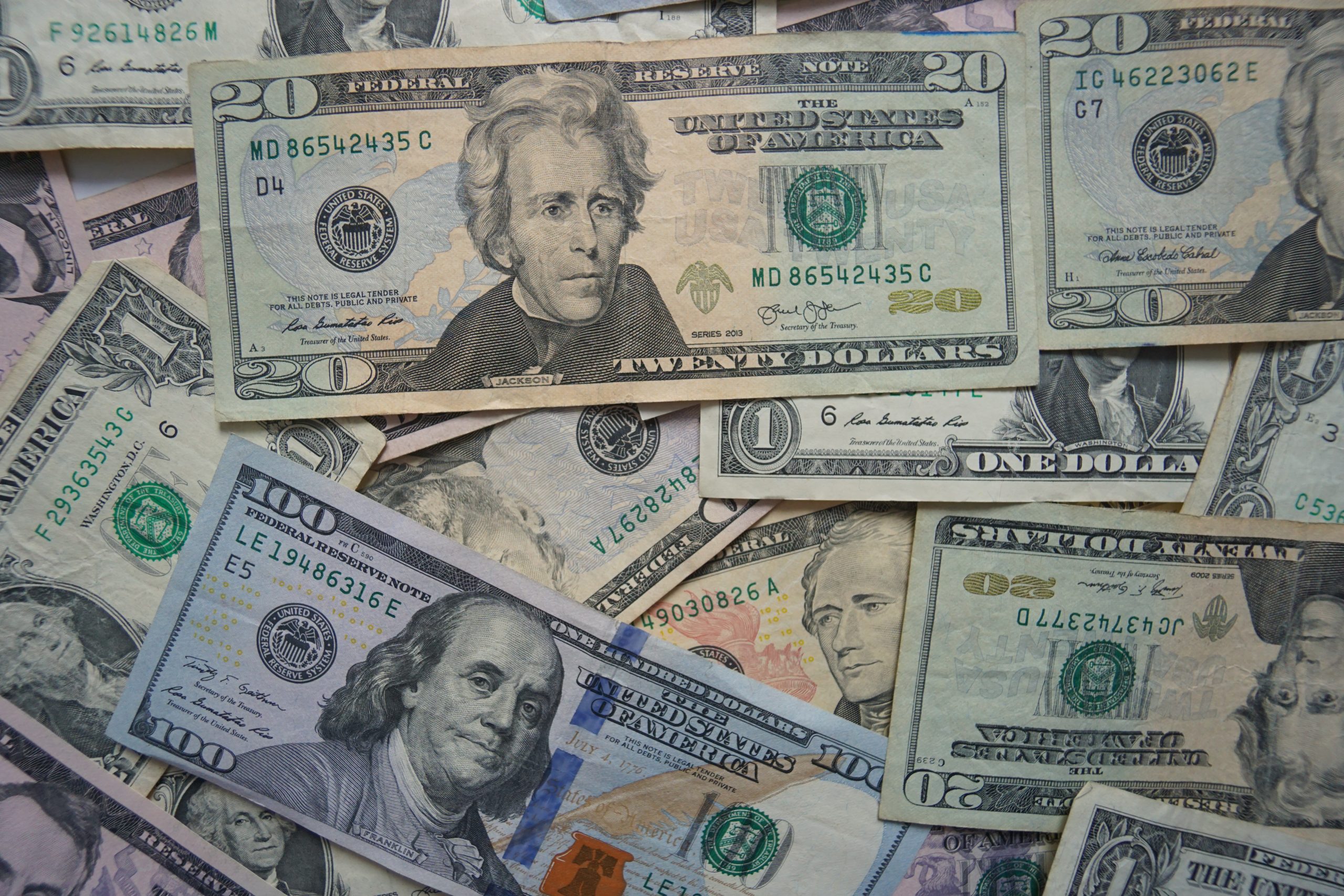As the national average for a gallon of ordinary gasoline has witnessed huge price swings over the last few years, volatile gas prices have taken center stage in the media.
Geopolitical tensions, hurricane seasons, Mississippi floods, and increased travel demand during the summer driving season have all pushed costs higher in the past. Higher gas prices imply that each of us spends more at the pump, leaving us with less money to spend on other goods and services. However, increasing gas prices have an impact on the larger economy in addition to the expense of filling up at the gas station.
Inversely, when gas prices decrease, it is less expensive for both consumers and companies to fill up the tank, which helps transportation-related industries like airplanes and truckers, but it hurts the domestic oil industry.
Higher oil costs are a drag on the economy in general. We’ll look at some of the immediate and indirect consequences of rising gas prices in this article.
Retailers
High petrol prices have the unintended consequence of reducing consumer discretionary spending as they spend a greater proportion of their income on gasoline. With higher pricing, shoppers will be less likely to drive to areas like the mall or shopping complexes. Academic and industrial research back this up, demonstrating that driving miles are directly related to gas prices.
While most buyers do not drive, when gas prices rise, they are more likely to shop online. According to Marin Software, as petrol prices rise, so does the number of people searching for online shopping.
Public transportation is available.
Higher petrol prices may result in a notable increase in the use of public transportation. If petrol costs continue to rise, shared and public transportation may become more enticing as a more cost-effective option to sitting in traffic with pricey fuel in the tank.
According to the American Public Transportation Association, in April 2011, the Raleigh-Durham-Chapel Hill region of North Carolina saw an 18 percent increase in riders for the express bus that connects the three cities, compared to the same month in 2010—during which time gas prices rose dramatically. Similarly, riders on New Mexico’s Rail Runner, a commuter train that runs between Santa Fe and Albuquerque, grew by 14% during the same period.
Automobile Industry
Historically, the automobile industry has responded to rising gasoline prices by developing smaller, more fuel-efficient vehicles, such as hybrids and, more recently, all-electric vehicles that can drive up to 250 miles between charges. Consumers have largely backed this approach, with sales of hybrids and all-electric vehicles in the United States increasing steadily since 2010, while sales of gas-guzzlers such as heavy trucks and SUVs have slowed.
Airlines
The companies’ fuel expenses and those linked to oil procurement are, on average, the highest operating costs for airlines. Fuel expenditures account for such a high amount of an airline’s overhead that fluctuations in the price of oil have a significant impact on the airline’s bottom line. When gas prices rise, airlines are forced to raise the price of flights provided to passengers, potentially discouraging non-essential travel and putting additional strain on consumers’ finances.
Jobs
Job growth is closely monitored as a sign of the economy’s recovery. Rising gas prices, according to some economists, might hurt hiring patterns during an economic rebound. Rising gas costs may compel some businesses to reconsider their employment plans, which they have been deferring because of concerns about the economy’s health. Reduced discretionary expenditure leads to lower sales, which might affect a company’s capacity to hire.
Final Thoughts
Though economists and experts may disagree on the extent to which gas prices influence the economy, there is a link between consumer confidence, spending patterns, and gas prices. Individuals’ attitudes toward the economy appear to be adversely connected to the price of gasoline, according to a Gallup poll conducted in August 2020 in the United States. Increases in state gas prices made respondents more negative about the economy for the period in question, according to the poll.




